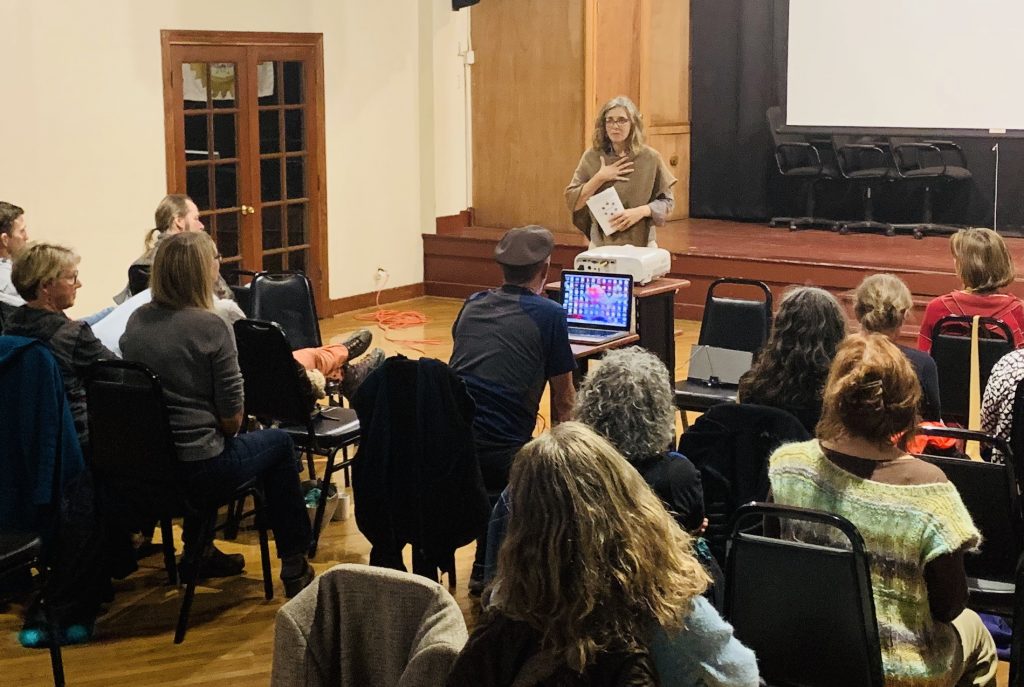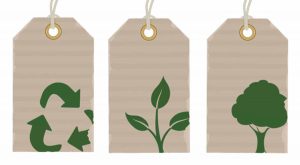On Friday, November 15, Sustainable Fairfax hosted a film and speaker event featuring THE TRUE COST, a film that addresses the environmental and human impacts of fast fashion and the choices we make when buying clothes.
The film unveiled the struggles of the sweatshop workers in countries like Bangladesh, and the brutal working conditions, sometimes ending in injury and death. Most often, profits are the single-focus of the corporations, while the well-being of the workers and the health of the environment is simply not factored in. We live in a throw-away culture, where clothes are cheap and disposable, creating an unsustainable demand for the workers living on dollars per day.

After the film, Heather Podoll of Fibershed spoke about the importance of being mindful when making purchasing decisions, and the benefits of supporting locally-made clothing with natural fibers that can be composted when worn out. Here a few of my takeaways from the evening:
- Quality over Quantity. When buying new clothes, it is better to purchase high quality items made of natural fibers that will last longer. You may not end up spending more money if you manage with less items.
- Buy locally made when possible. Buy clothing made from locally grown fibers and support the regional textile economy. Learn more at Fibershed. (Check out their free Symposium Marketplace this Saturday, November 16, at the Dance Palace in Point Reyes, 9am-5pm. You will find plant-based goods and raw materials for textile creation).
- Buy organic. Support organic clothing producers. Pesticides are destroying soil and harming farm workers. And, non-organic cotton can expose your skin to pesticides, causing potential health concerns.
- Shop at consignment stores. We have several wonderful stores in Fairfax!
- Polyester and other synthetic materials should be avoided. They shed microplastics and are a significant source of plastic pollution in our oceans. Clothing from plastic bottles is not an eco-friendly option for this reason. If you already have synthetics in your wardrobe, try not to wash them often. There are products you can buy that remove some of these microfibers from the laundry water (see Cora Microfiber Laundry Ball). Another consideration: synthetic clothing contain toxic chemicals which may be absorbed through the skin and cause health issues.
- Host Clothing Swaps! Sustainable Fairfax is currently hosting a serve-yourself scarf & hat exchange at the outdoor tables next to Indie Alley at 69 Bolinas Road, Fairfax. Drop off your gently used scarves and hats, and take some home to refresh your accessories for fall and winter!
